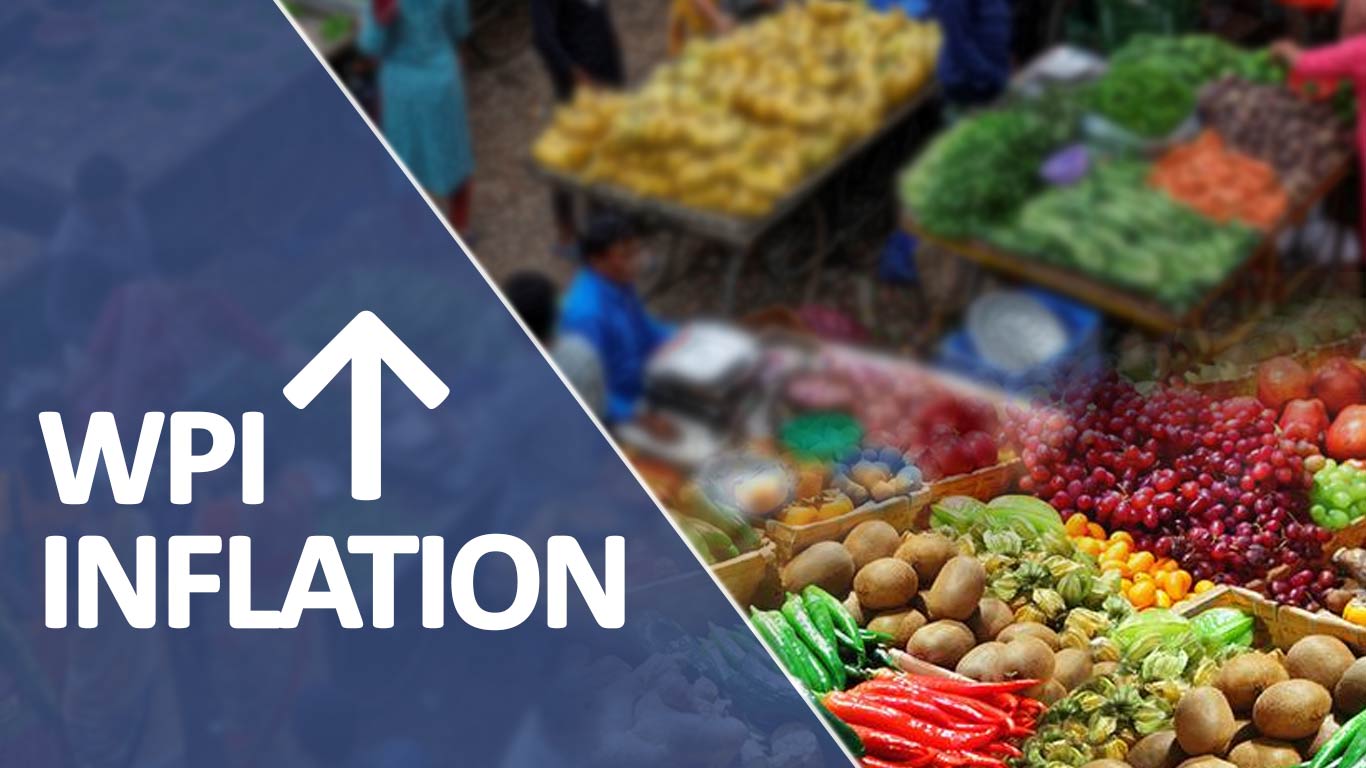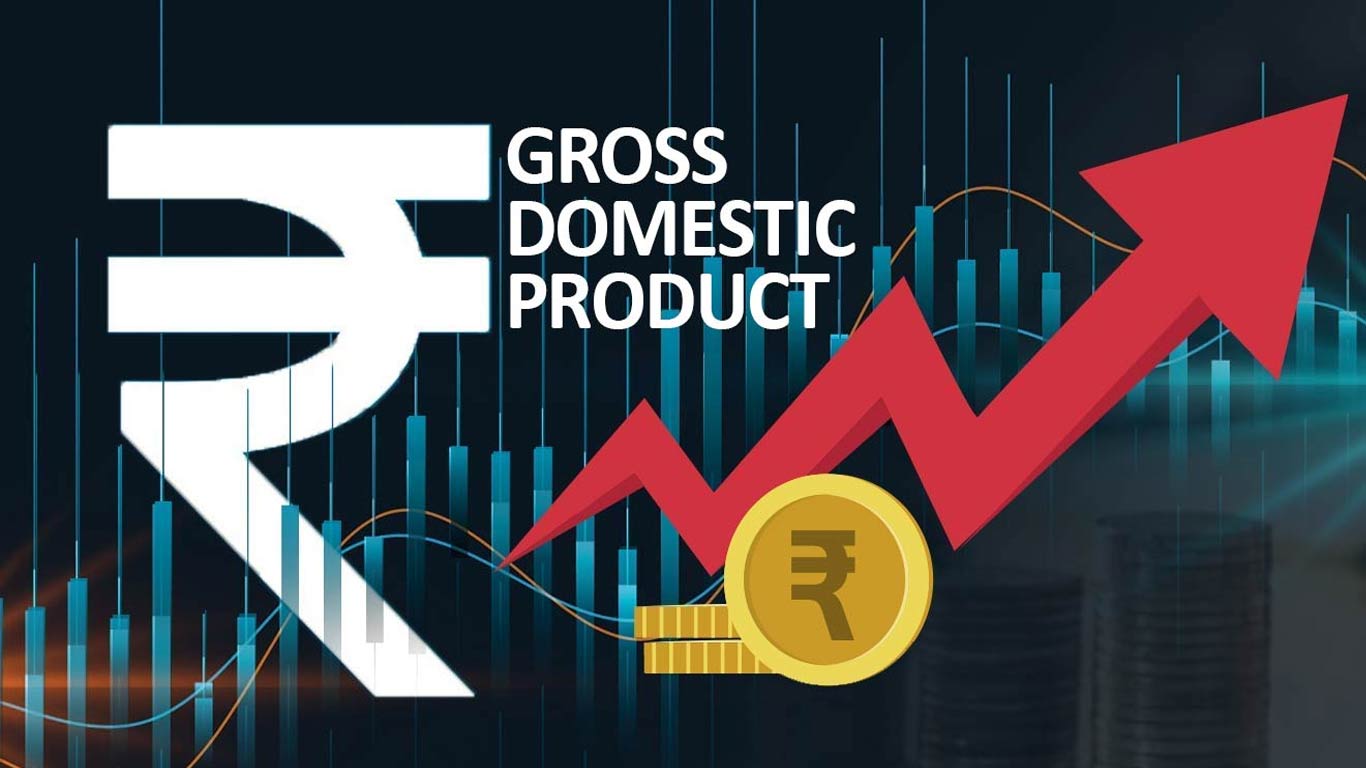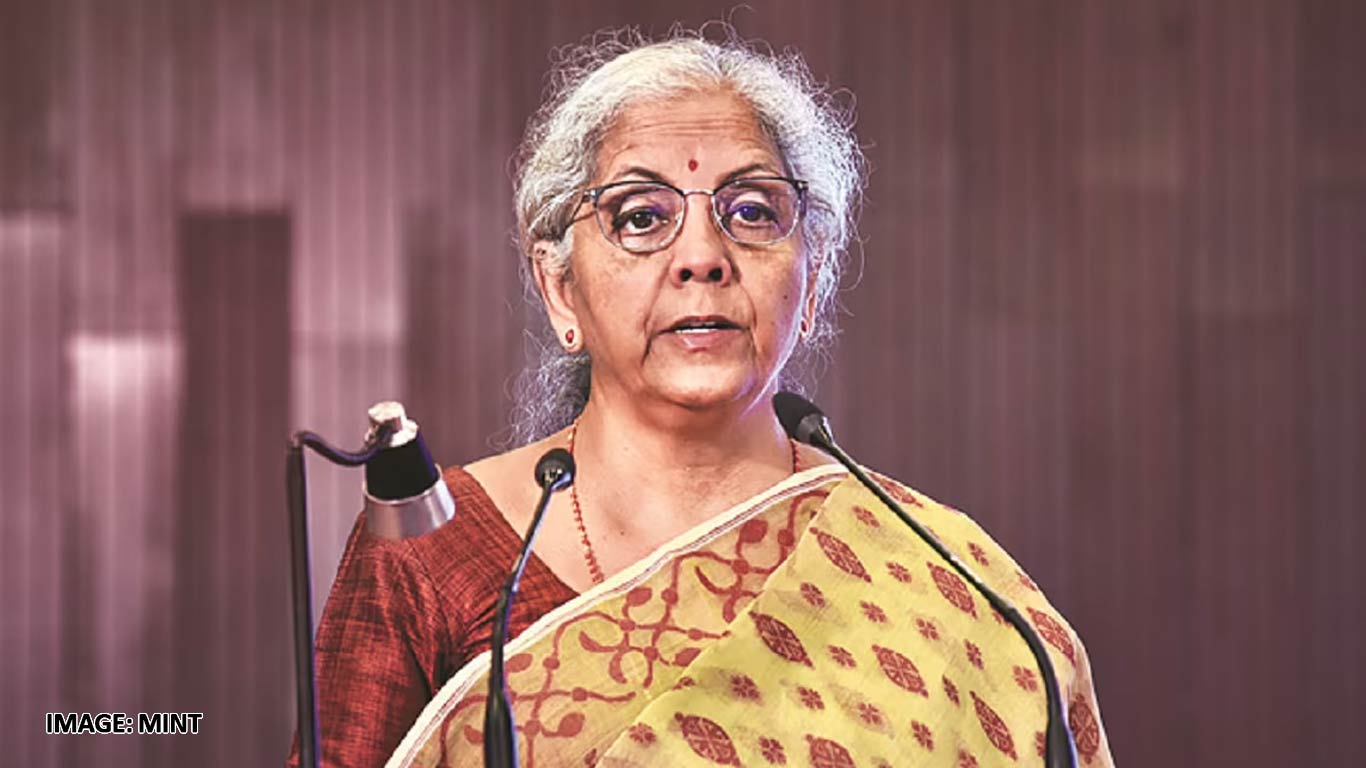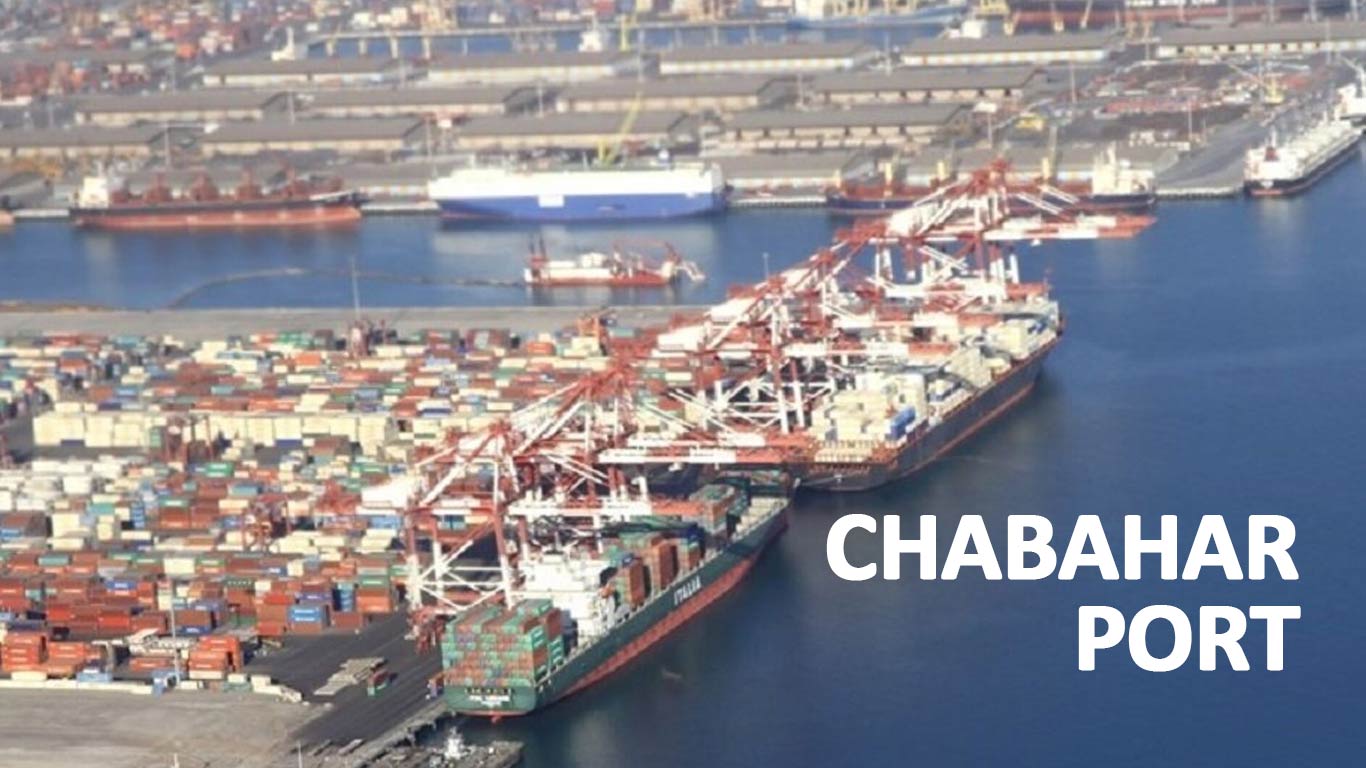For Rajan, SMEs are additional tools to generate growth
Updated: Sep 06, 2013 06:00:30pm

Mumbai, Sept 6 (KNN) When the going is tough for the large corporates, small and medium enterprises are seen as a vital cushion. Likewise, for new RBI Governor Raghuram Rajan, the SMEs provide 'additional tools' to accelerate growth.
“As the central bank of a developing country, we have additional tools to generate growth – we can accelerate financial development and inclusion. Rural areas, especially our villages, as well as small and medium industries across the country, have been important engines of growth even as large company growth has slowed,” Rajan, who is internationally acclaimed financial economist, said in his maiden speech at the Reserve Bank of India.
But Rajan who took over Wednesday the reins of India’s Mint Street knows, the SMEs or the rural economy will not be able to contribute to the best of their abilities unless they are empowered enough to do so. “… access to finance is still hard for the poor, and for rural and small and medium industries. We need faster, broad based, inclusive growth leading to a rapid fall in poverty,” he remarked.
But for India’s micro, small and medium enterprises, the MSMEs as we call them, the new RBI Governor who has a vast global experience of teaching, writing and working in multilateral institutions, has given some really positive sound bytes. He wants to smoothen banking transactions for small businesses and make life easier for exporters.
“For small and medium firms, we intend to facilitate Electronic Bill Factoring Exchanges, whereby MSME bills against large companies can be accepted electronically and auctioned so that MSMEs are paid promptly. This was a proposal in the report of my Committee on Financial Sector reforms in 2008, and I intend to see it carried out”.
Rajan who is credited with predicting the 2008 global financial crisis in his book, Fault Lines: How Hidden Fractures Still Threaten the World Economy, wants banks to lend to the priority sector not for the sake of meeting official obligation or bureaucratic norms but in sync with the needs of the economy.
“We …subject our banks to a variety of priority sector lending requirements. I believe there is a role for such a mandate in a developing country – it is useful to nudge banks into areas they would otherwise not venture into. But that mandate should adjust to the needs of the economy, and should be executed in the most efficient way possible. Let us remember that the goal is greater financial access in all parts of the country, rather than meeting bureaucratic norms.”
An expert committee under Nachiket Mor will assess every aspect of the RBI approach to financial inclusion to suggest the way forward.
He also announced steps to help exporters who can take advantage of the rupee depreciation with support from the government and the banks.
Presently, exporters are permitted to re-book cancelled forward exchange contracts to the extent of 25 per cent of the value of cancelled contracts. This facility is not available for importers. To enable exporters/importers greater flexibility in their risk management, the RBI is enhancing the limit available to exporters to 50 per cent; and allowing a similar facility to importers to the extent of 25 per cent.
Rajan was the Eric J. Gleacher Distinguished Service Professor of Finance at the University of Chicago’s Booth School. Between 2003 and 2006, he was also the Chief Economist and Director of Research at the International Monetary Fund.
His research interests are in banking, corporate finance, and economic development, especially the role finance plays in it. He has co-authored Saving Capitalism from the Capitalists with Luigi Zingales in 2003. He then wrote Fault Lines: How Hidden Fractures Still Threaten the World Economy, for which he was awarded the Financial Times-Goldman Sachs prize for best business book in 2010.
Of late, several commercial banks are eyeing the informal sector of the economy as also the MSMEs to generating business for them which are hard to come from their traditional customers, somewhat favourites as well. (KNN/PC)










